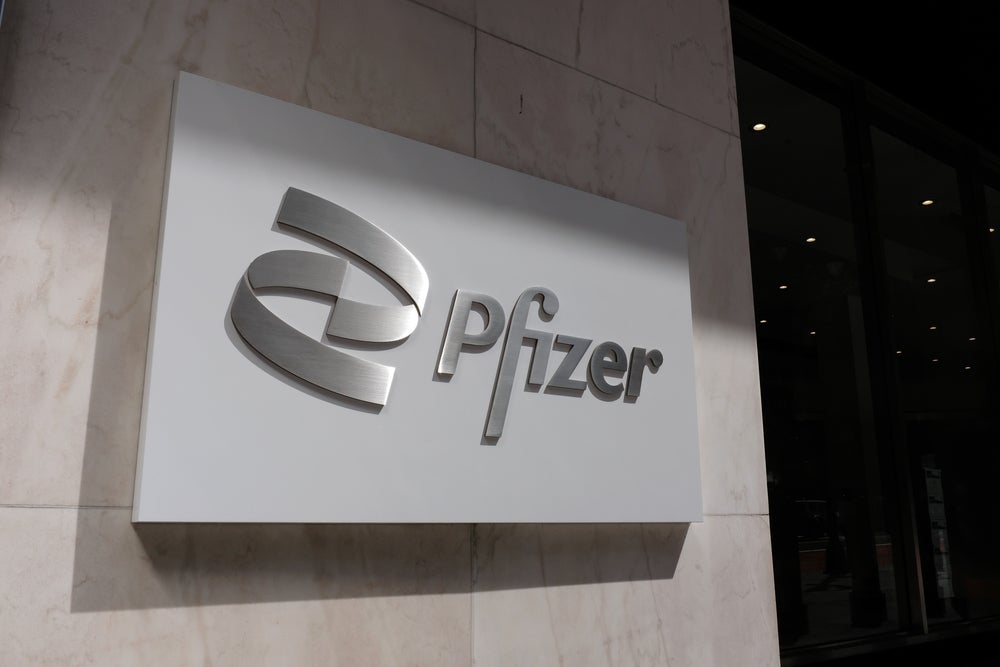
The UK’s competition watchdog has accused pharmaceutical companies Pfizer and Flynn Pharma of overcharging the NHS for vital anti-epilepsy drugs, after years of investigation.
The Competition and Markets Authority (CMA) said the firms had “abused their dominant positions” to charge the NHS “unfairly high prices” for capsules of phenytoin sodium, a drug that helps prevent and manage seizures in people with epilepsy.

Discover B2B Marketing That Performs
Combine business intelligence and editorial excellence to reach engaged professionals across 36 leading media platforms.
The CMA has provisionally found that the companies “exploited a loophole” by de-branding the drug – previously branded as Epanutin – so that it was not subject to the same pricing regulations that branded drugs are.
The overnight price increases saw NHS spending on phenytoin sodium capsules skyrocket from around £2m a year in 2012 to about £50m in 2013 – a price hike of between 780% and 1600%. Pfizer then supplied the drug to UK distributor Flynn, which sold it to wholesalers and pharmacies at prices between 2300% and 2600% higher than those they were previously paying.
Pfizer and Flynn were the dominant suppliers of phenytoin sodium in the UK, leaving the NHS with “no choice” but to pay the unfair prices, the CMA said in a statement.
A lengthy investigation concludes
The CMA first accused Pfizer and Flynn of breaching competition law in 2015. A year later, the watchdog slapped the companies with a £90m fine for the unfair price hikes and ordered them to lower the drug’s cost.

US Tariffs are shifting - will you react or anticipate?
Don’t let policy changes catch you off guard. Stay proactive with real-time data and expert analysis.
By GlobalDataThe companies appealed the CMA’s decision and the subsequent fine. In 2018, the Competition Appeal Tribunal (CAT) upheld the CMA’s findings on market definition and dominance, but ruled against its findings of abuse by Pfizer and Flynn. The case was remitted back to the CMA for further consideration, a decision the CMA later appealed.
After the Court of Appeal dismissed Flynn’s appeal in its entirety in March 2020, and upheld aspects of the CMA’s appeal, the watchdog decided to re-investigate the matters remitted by the CAT and opened its current investigation in June of last year.
CMA chief executive Andrea Coscelli said: “Thousands of patients depend on this drug to prevent life-threatening seizures as a result of their epilepsy. As the CAT recognised, this is a matter that is important for government, for the public as patients and taxpayers, and for the pharmaceutical industry itself. Protecting these patients, the NHS and the taxpayers who fund it, is our priority.”
At this stage, the CMA’s findings are provisional, and Pfizer and Flynn will be given an opportunity to respond to them. The watchdog will carefully consider the companies’ representations before deciding whether they broke the law, it said.




